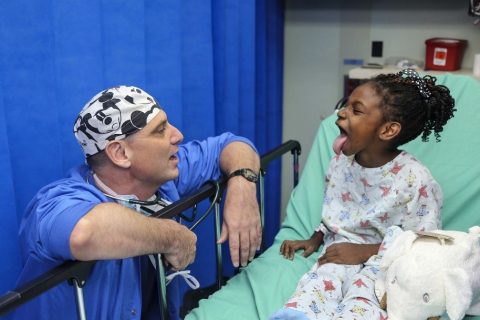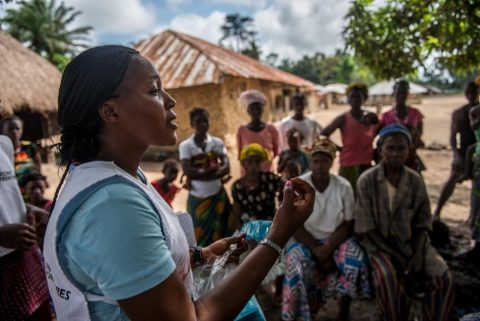Through our new partnership with Plotly, you can now publish interactive figures in our articles and for a limited time you will receive a 50% APC reduction if you include one in your article. Thomas Ingraham introduces this new exciting feature and explains how it can bring your data to life
In June, a DNA analysis of over 200 ancient cat remains from Viking graves, Egyptian mummies and Stone Age Sites, revealed how the cat was domesticated and how it efficiently spread across the globe. This inspired us to paw through our recommended articles on the other findings made about felines based on their genetics. We also include our usual top 3 articles for the month and our Hidden Jewels.
To date, F1000Research has published more than160 software tool articles and we’re looking for more! In publishing the details of your software tool and making it open source you can make a real difference to the research of others. Hollydawn Murrary highlights some recent Software Tool Articles published on F1000Research and announces a new call for papers.
It seems not so long ago that we announced that we would be launching Gates Open Research, and hot on its heels is the latest addition to the family – UCL Child Health Open Research. We are delighted that UCL Great Ormond Street Institute of Child Health, the largest centre of child health research in Europe, have taken this big step in becoming the first institute to launch their own publication platform.
Rebecca Lawrence, our Managing Director, discusses the vital role that research institutions can play, together with research funders, in supporting their researchers in improving the way that the findings of their work are communicated and helping to reduce research waste.
Rosalind Smyth, Director of UCL Great Ormond Street Institute of Child Health, and Martin Elliott, UCL Professor of Cardiothoracic Surgery talk about the launch of the launch of the new publication platform UCL Child Health Open Research. It will be the first institute-focused publishing platform and allow any UCL Great Ormond Street ICH or other UCL researcher studying child health to publish with greater speed and transparency.
MSF Scientific Days this year was held at the Royal Society of Medicine in London. This conference brings together researchers from around the world to showcase their medical research. Similarly to last year, the conference was split into two parts: Medical Research and Innovation. Three members of the editorial team at F1000Research, Christina Tang, Theo Isaac and Molly Cranston, had the pleasure of attending MSF Scientific Days and provide a brief overview of what was discussed.
Fleur Braddick, Peter Anderson and Antoni Gual, members of the research network, ALICE RAP, published an opinion article to explain why it is time to re-think addictions and why we need to redesign the governance of drugs in Europe and globally.
Throughout May, there were many discussions and reports about the current uses and future possibilities of artificial intelligence (AI), with AI and health care appearing to be a major theme. In recognition of this, we are highlighting the top 3 recommended articles in the area of AI in this month’s blog post, which we have decided to rename, and for those Transformers fans out there, you will see the link to this month’s theme. We also include our usual top 3 articles for the month and our Hidden Jewels.
John Sayer is a Clinical Professor of Renal Medicine, Newcastle University and runs the Renal Genetics Service and Family Renal Genetic clinic at Newcastle Upon Tyne Hospitals NHS Foundation Trust. He published a case report including both the clinical and patient perspectives to think about the consequences of analysing genes to discover the underlying cause of disease, and the impact such a genetic diagnosis has on the patient and their family.
Social media has become prolific in everyday life and allows the instantaneous sharing of information, which can include health care information. The authors of a Research Note published on F1000Research suggests as medical vocabulary becomes more prevalent on social media that more comprehensible language should be used. In this guest blog, Farris Timimi, cardiologist, Medical Director of the Mayo Clinic Social Media Network and well-known health care Twitter user gives his view on this.














